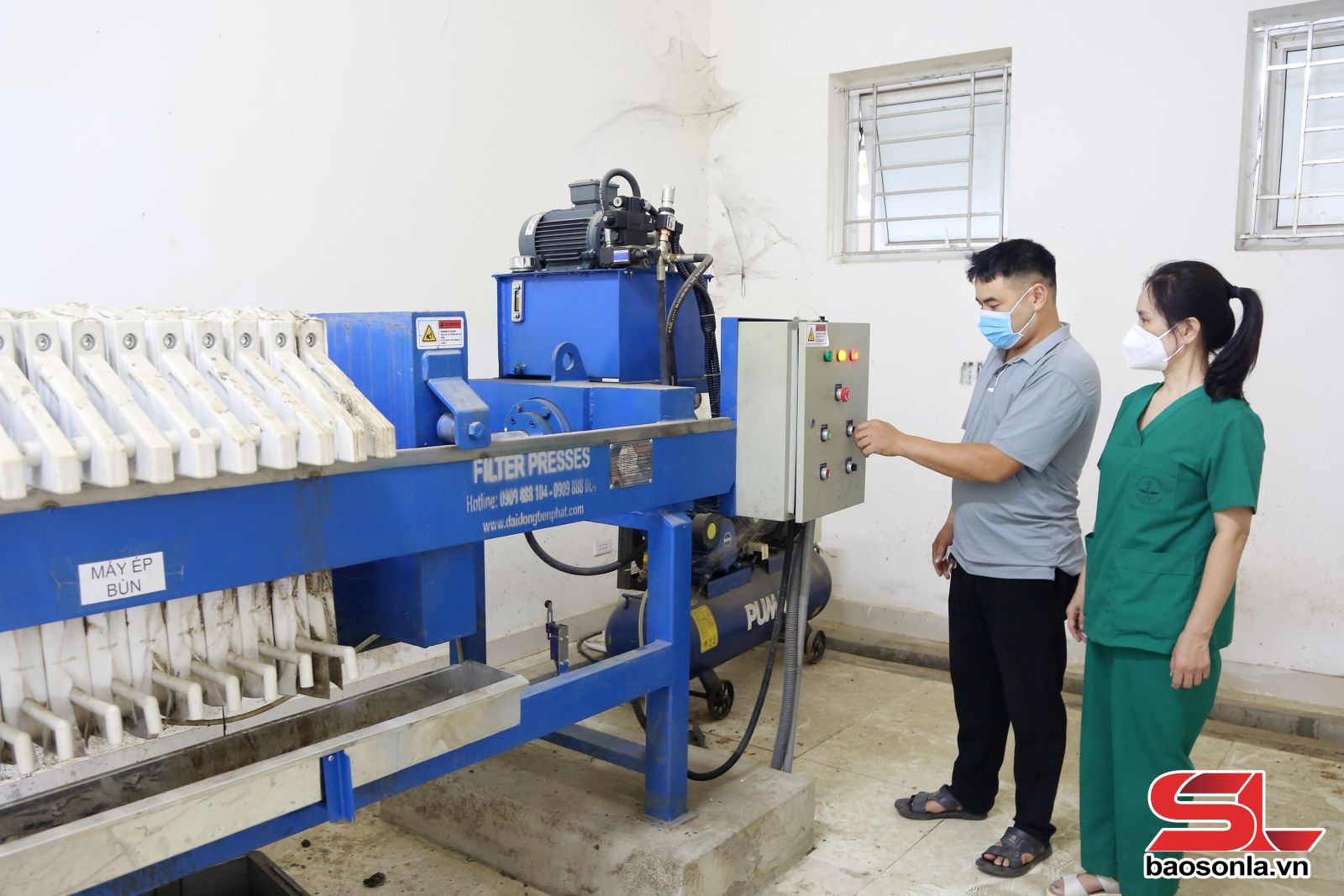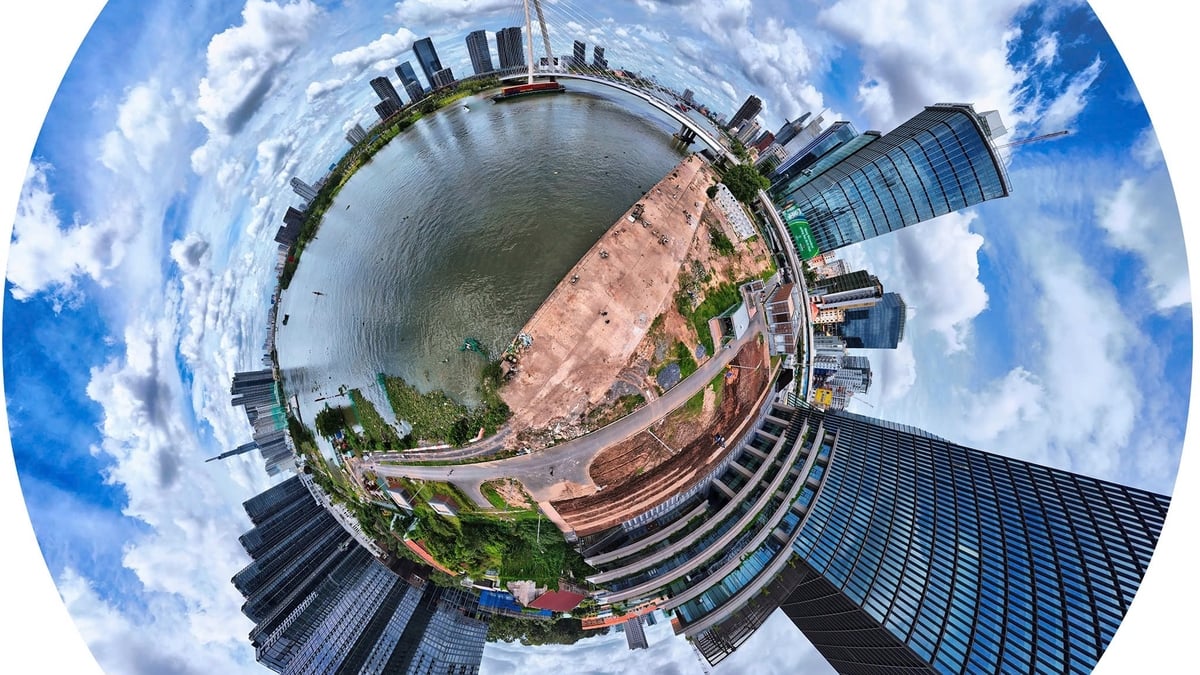
Son La has 8 provincial general and specialized hospitals, 3 provincial preventive and specialized centers, 11 district general hospitals, and 1 non-public general hospital. Every year, the Department of Health thoroughly guides, directs, organizes guidance, and periodically inspects the classification, collection, and transportation of medical waste in medical examination and treatment facilities according to the provisions of Circular 20/2021/TT-BYT dated November 26, 2021 of the Ministry of Health on regulations on medical waste management within the premises of medical facilities. Staff and employees of medical facilities are trained in environmental management and medical waste management according to regulations. Units regularly propagate and disseminate knowledge about waste classification to staff, employees, patients, and patients' relatives to join hands in classifying medical waste.
Medical facilities have implemented classification and separate collection of normal medical solid waste and domestic solid waste before bringing them to the storage and treatment area at the facility according to regulations; sharp infectious waste, non-sharp infectious waste, and high-risk waste are collected by sanitation staff once a day, stored, and transported to the hazardous solid waste treatment area. For normal solid waste in departments and rooms, sanitation staff collect twice a day and bring them to the normal waste storage area, collected and treated by the Urban Environment and Services Joint Stock Company according to regulations.
In addition, medical facilities that generate medical waste during their operations have developed environmental incident response plans and environmental protection projects to submit to competent authorities for approval and implementation. At the same time, monitor environmental impacts from hospital medical examination and treatment activities every 3 months and report to the Department of Environmental Management, Ministry of Health.
Currently, hospitals are invested in medical wastewater treatment systems, which can separate and collect hazardous medical wastewater from normal medical wastewater, ensuring the treatment capacity of the wastewater treatment system. The waste gas treatment system from laboratories is invested in by absorption method, ensuring that the waste gas is treated according to regulations. However, the current management of medical waste still has many difficulties, such as: Investment costs for medical waste treatment are quite expensive, while the budget of units is limited; waste treatment systems in many units have been invested for a long time but have degraded, not meeting the needs...
Proactively and determinedly protecting the environment, the Department of Health always inspects and supervises infection control and medical waste management activities of medical facilities; promptly detects limitations and urges and reminds medical facilities to strictly implement regulations on environmental protection. Along with that, directs medical units to strengthen propaganda, raise awareness of officials and civil servants on regulations on environmental protection; conduct statistical reports on environmental protection work according to the provisions of law.



Source: https://baosonla.vn/suc-khoe/quan-ly-chat-thai-trong-cac-co-so-y-te-WxqKIYEHR.html




































































































Comment (0)